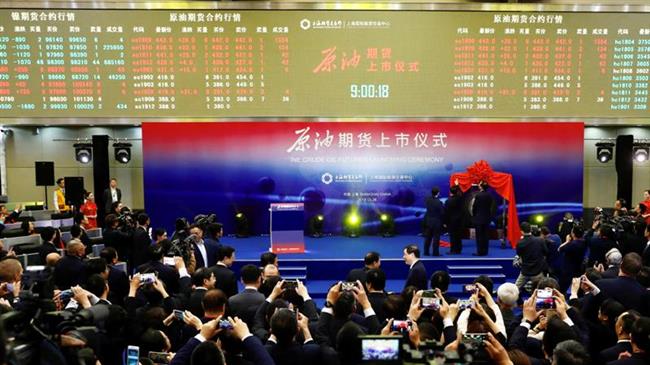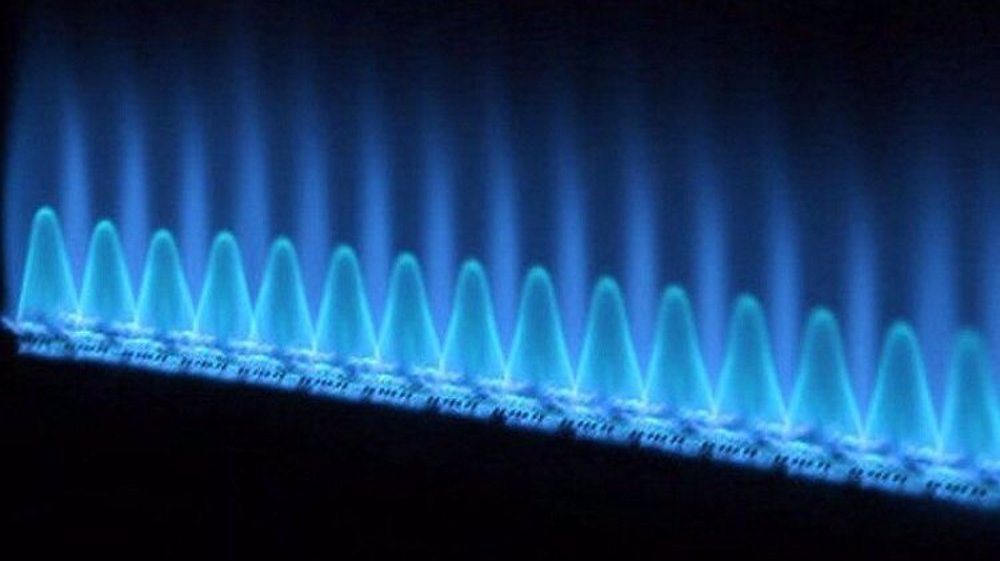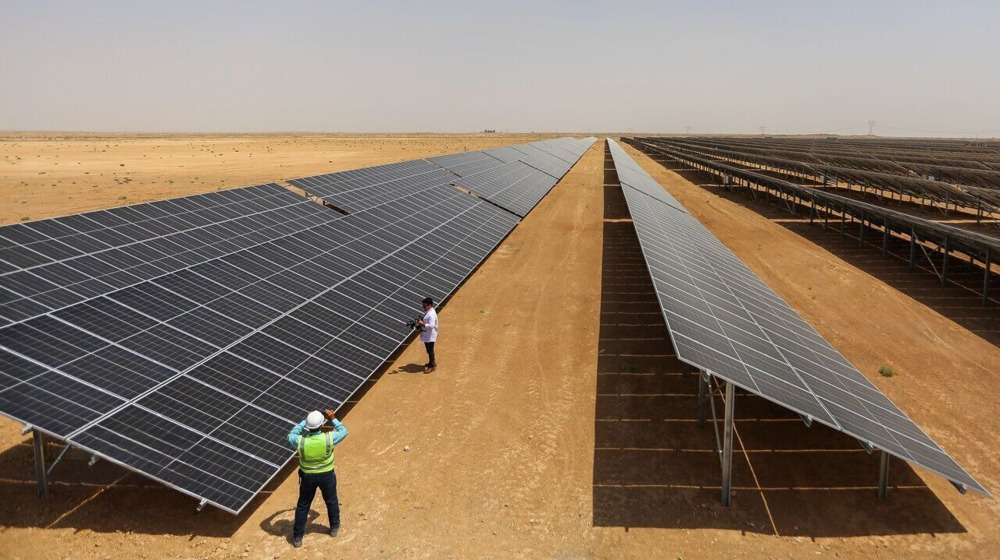Iran sanctions raise interest in oil trade in yuan
A US decision to withdraw from a nuclear deal with Iran has added fresh momentum to efforts to start trading oil in yuan following China’s launch of crude oil futures.
The launch of yuan-denominated Shanghai futures in March has created a lot of enthusiasm among international companies seeking to tap China's bustling commodity markets.
The new futures contract traded on the Shanghai International Energy Exchange is now on course to become an alternative international oil benchmark not priced in dollars.
Glencore, Trafigura, and Freepoint Commodities were among the first to buy the new contract , but more importantly Shanghai crude oil futures have seen a steady pick-up in daily trading since launching.
The launch is yet another attempt by China to wield economic influence, and Beijing hopes the Shanghai contract will eventually rival international benchmarks Brent and WTI.
For major oil producers like Iran and Russia which are under US and European sanctions, the new contract provides an alternative platform to market their cargoes.
China is the world’s biggest importer of crude oil and also the biggest buyer of Iranian oil, with the recent boost in Shanghai futures partially attributed to the sanctions decision.
“The sanctions can potentially accelerate this process of establishing a 3rd oil benchmark,” Reuters said, citing a senior vice president for derivatives in Singapore.
The news agency said China took almost a quarter of Iran’s exports in 2017, meeting around 8 percent of its import needs, which also exposed both sides to US sanctions.
China remained Iran’s biggest oil client when the US and Europeans imposed unprecedented sanctions on the Islamic Republic in 2011.
Trump’s decision to reimpose those sanctions has put China ideally placed to demand oil imports from the country to be priced off Shanghai’s crude futures.
“It makes sense for Iran to begin selling oil under contracts denominated in yuan rather than dollars,” Stephen Innes, head of trading for Asia/Pacific at futures brokerage OANDA in Singapore, told Reuters.
It remains to be seen whether Iran’s Ministry of Petroleum would like to trade its oil off yuan-denominated futures because that would require a number of time-consuming adjustments.
Iranian officials have already reiterated that they prefer the country's future transactions to be carried out in the currencies other than the dollar.
In Europe, oil companies have adopted a wait-and-see approach as their governments are trying to soften the impact of Trump's decision to exit the 2015 nuclear deal.
Eni Chief Executive Claudio Descalzi has said Europe needs to use its diplomatic clout with the US to limit the impact of renewed sanctions on Iran.
"I think diplomacy can find some solution because in any case Europe is the strongest ally of the US and the main impact of the Iranian sanctions is going to Europe. As the impact of the Russian sanctions is going to hit Europe, so we have a double effect," Descalzi told cable TV channel CNBC.
Eni is one of Europe's largest buyers of Iranian crude oil, which has carried out a study on Iran's Kish offshore and Darquian onshore fields with a view to potential investment.
However, France’s Total is the European company with the biggest stake in Iran where it signed a $2 billion deal last year to develop an Iranian gas field.
China’s state-owned CNPC has said it is ready to take over Total’s role in the project but the French company remains tight-lipped about its future plans.
US-led meeting talks implementation of ‘phase two’ of Gaza ceasefire, ignoring Israeli violations
Iran’s subsidized currency allocations at over $42 in Mar-Dec: CBI
VIDEO | Locals march in eastern France after gas explosion kills two children
Iran wins double gold at world age-group Blitz Chess in Antalya
Two former Palestinian prisoners recount sexual abuse in Israeli detention
Iran cuts steel imports amid surge in domestic output
VIDEO | Trump’s comments on Golan Heights spark outrage among Syrians
VIDEO | Press TV's news headlines












 This makes it easy to access the Press TV website
This makes it easy to access the Press TV website